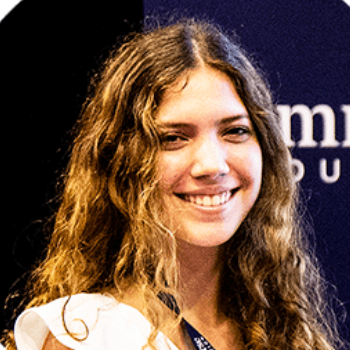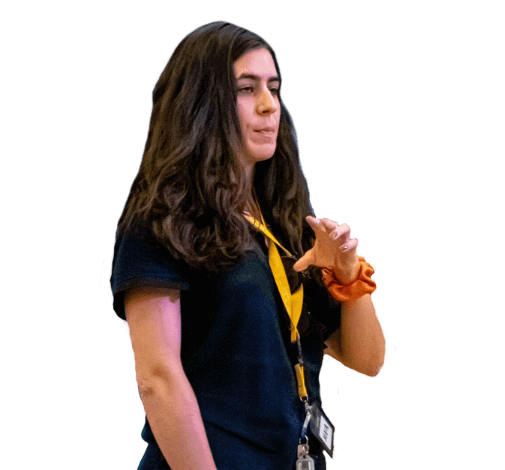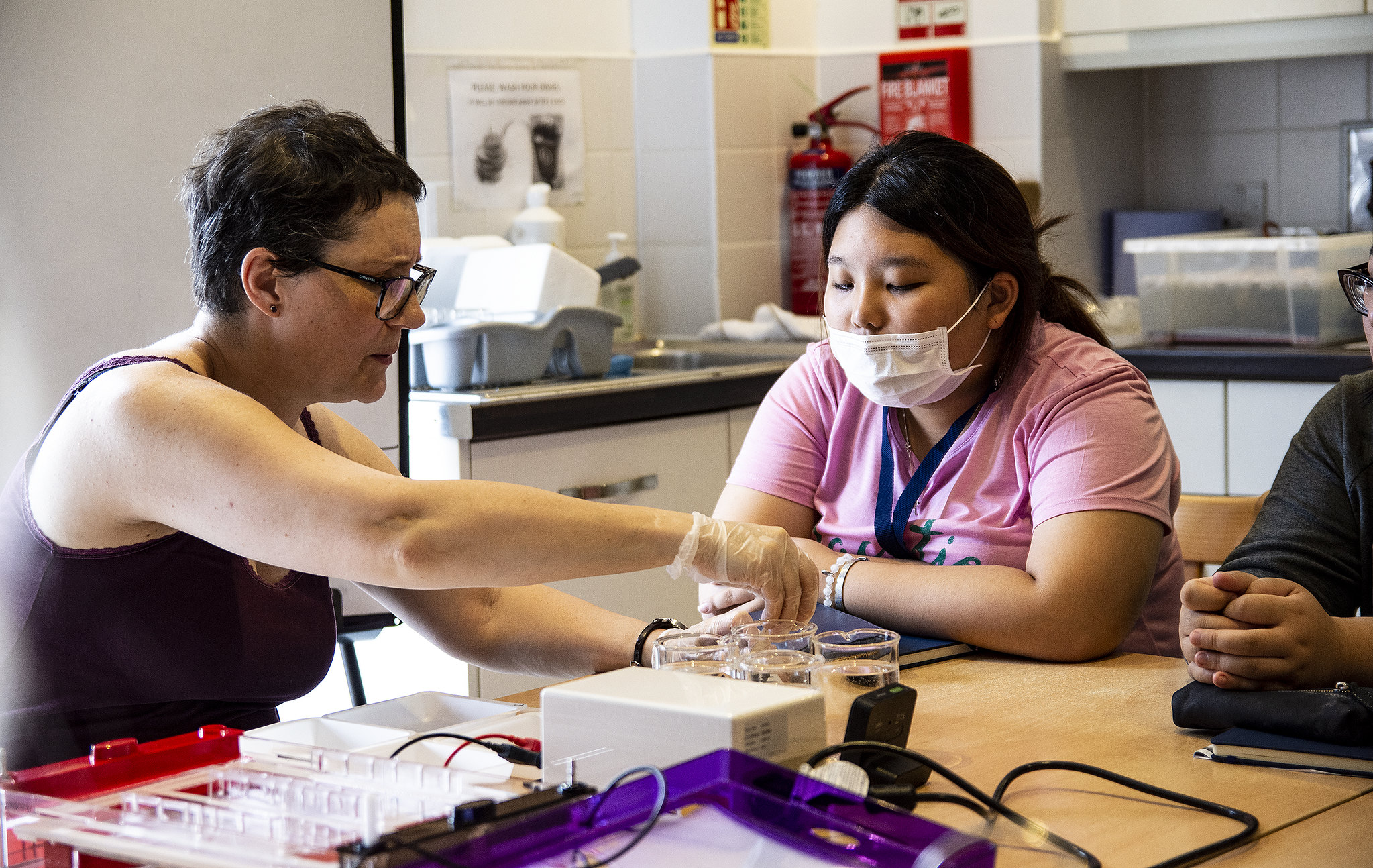Chemistry Summer Schools

Unparalleled academic programmes
Chemistry
I thoroughly enjoyed every minute of my Chemistry sessions as they have truly enriched my knowledge base.


About the Immerse Chemistry Summer School
Chemistry is often known as the ‘central science’ because of its role in connecting other sciences, such as biology, physics, geology, and environmental science, with one another. To be a successful scientist, students will need to master a wide range of challenging concepts – and learn how to apply these concepts to a variety of situations. Our chemistry summer schools not only allow you to gain an insight into advanced chemistry topics but also help to develop the skills that will make you an excellent scientist.
Each lesson is carefully designed and taught by an expert chemistry tutor consolidating your previous knowledge and equipping you with the skills to learn more advanced topics.
Frequently Asked Questions
What is Chemistry?
Chemistry studies the behaviour and properties of matter (e.g. elements and compounds.) It answers the question: what is the substance made of? How do the components interact with each other?
Why is it important to study chemistry?
Because chemistry is all around you. Do you cook? Then you just witnessed a chemical change happen in your food. When you take a bath, the interaction between the soap and your skin involves chemistry.
No wonder chemistry is called the “central science.” Without dabbling in chemistry, you cannot understand other sciences such as physics, biology, or medicine. Likewise, you have a deeper understanding of daily happenings when you study chemistry.
One of the most useful chemistry applications in your day-to-day is recognising product labels. You can make educated decisions about whether the product can do what it claims? Is it safe for you and for the environment?
Career-wise, studying chemistry is one of the most rewarding. You can get relevant, good-paying jobs with a bachelor’s degree.
Being a chemist or materials scientist is a common occupation for chemistry graduates. The US Bureau of Labor Statistics estimates a 6% employment growth from 2020 to 2030. Opening up 9,100 vacant positions.
The Science Industry Partnership projects that the science industries’ demand for technical staff will be between 4,000-6,000 yearly for the next decade in the UK. What can you do with a chemistry degree? The 2021/22 survey of the Association of Graduate Careers Advisory Service declares that the Top 5 professions for Chemistry graduates include Chemical Scientists, Laboratory Technicians, Secondary Teachers, Certified Accountants, and Software Development Professionals.
Also, do you know that chemistry is a solid foundation if you want to take advanced studies in other scientific fields, including medicine?
Immerse Education offers both online and residential courses for Chemistry. The residential course is offered at UK, Cambridge University.
You don’t need prior skills, experience, or learning to attend the residential course for Chemistry. But having an active curiosity about the subject is valuable. You will also be set work by your expert tutor before your summer course starts. This means that everyone in your small class arrives with the same knowledge.
Atomic Structure and Periodicity
What’s the foundation of Chemistry? The atom. So for this lesson, you’ll take a close look at early models of atomic structure. Thompson, Rutherford, and Bohr models are essential models to study.
After getting to know the atom, you’ll proceed to chemical calculations. Do you know what this means? You’ll learn about the mole concept! To complete the session, you’ll analyse the modern periodic table. And discover fascinating patterns from its ordering.
Thermodynamics
Thermodynamics studies the relationship between heat and other forms of energy. This module will teach you the 1st and 2nd Laws of Thermodynamics and Hess’s Law of Chemical Thermodynamics. And how heat forms compounds.
Understanding these concepts is essential to prepare you for Chemical Reactions. Where you’ll encounter concepts of enthalpies and entropies, as well as spontaneous and nonspontaneous reactions.
Compounds, Hybridisation, and VSEPR Theory
How do you predict the covalent bonding pattern of atoms? By using Gilbert Newton Lewis’ organising principle called “Lewis Structures.” When you follow this principle, you can visualise how atoms look in a bond.
When you learn Lewis Structures, it’s easier to understand more advanced bonding theories. Molecular orbital theory (based on quantum mechanics) and hybridisation (when atomic orbitals combine) give a more detailed mechanism of atoms forming compounds.
You’ll also use Valence Shell Electron Pair Repulsion (VSEPR) theory to see the angular inclinations of molecular structures.
Personal Project
In this class, the instructors will provide you with a brief so you can work on your personal project. You’ll build on an aspect of the theory you learned in the previous sessions. How? By doing research and preparing a presentation.
Here you can showcase your academic research and communication skills. You will then answer questions from the audience afterwards. And a class-wide discussion will take place where everyone can share their points of interest.
The residential Chemistry course Immerse Education offers is best for motivated students ages 16-18. If you’re planning to take Chemistry-related courses at the university, this course will elevate your knowledge before university. Do you want to learn from expert tutors and stay with like-minded students in the University of Cambridge colleges? If yes, this course is for you.





